Supreme Court unanimously supports FBI in case related to spying on Muslim Americans
By Aysha Qamar
In a move that sets the U.S. back in terms of religious freedom, the Supreme Court on Friday unanimously rejected an argument that the Federal Bureau of Investigation (FBI) wrongfully applied federal law governing how surveillance-related evidence can be used in court. The decision overturned a lower court ruling in favor of Muslims in Southern California.
The case follows an FBI operation in 2006 and 2007 in which agents sent a paid informant to some of the largest, most diverse mosques in Orange County, California, and instructed him to pose as a convert of Islam.
According to the American Civil Liberties Union (ACLU), the FBI informant “indiscriminately gathered” names, telephone numbers, and email addresses, in addition to information on the religious and political beliefs of hundreds of Muslim Americans. Conversations were recorded during religious prayer groups in the mosque through the use of a hidden recording device in a car key fob that was left behind. Hidden cameras were also allegedly used to not only record mosque activities but those in homes and businesses.
The informant’s handlers told him they were conducting electronic surveillance in at least eight area mosques, including plaintiff Sheik Yassir Fazaga’s office, the ACLU said.
Identified as Craig Monteilh, the FBI informant was said to have failed to produce any public evidence of wrongdoing. Instead, he himself made mosque-goers uncomfortable by starting conversations about jihad and violence at a mosque in Irvine, California. As a result, a community leader contacted the FBI to report him.
As more information was revealed, three of the men Monteilh spied on sued the FBI and the agents responsible for directing him, claiming that their right to exercise their religion had been violated. The plaintiffs including Fazaga, Ali Malik, and Yasser AbdelRahim.
They were represented by the Center for Immigration Law and Policy at UCLA School of Law, the ACLU of Southern California, the American Civil Liberties Union, the Council for American Islamic Relations, and the law firm of Hadsell Stormer Renick & Dai.
The District Court for the Southern District of California then dismissed their claims that the FBI unlawfully targeted Muslim community members for surveillance based on their religion and supported the FBI’s argument that further proceedings could reveal state secrets. However, while the government agency and district court attempted to dismiss the claims under the guise of state secrets privilege, the U.S. Court of Appeals for the Ninth Circuit ruled in favor of the plaintiffs in 2019.
According to the appeals court, a provision of the Foreign Intelligence Surveillance Act of 1978 (FISA) specifies how courts should handle sensitive cases. The court also noted that the trial judge should have used them instead of dismissing the case after the government invoked the state secrets doctrine.
Following the ruling, the FBI appealed, arguing that its invocation of the state secrets privilege barred the plaintiffs’ religious discrimination claims. The Supreme Court then agreed to hear the case.
“As the Imam of the Orange County Islamic Foundation, I worked diligently to establish trust between my community and the U.S. government after the horrifying attacks of September 11 more than 20 years ago. I invited the FBI to speak with the members of my Mosque. They looked us all in the eyes and assured us unequivocally that they were not spying on us. We trusted them. But they lied, and our sacred community was shaken to its core,” said Fazaga, a religious leader and one of the plaintiffs in the lawsuit, according to the ACLU. Fazaga was hopeful the Supreme Court would hold the individuals “accountable for treating people who practice Islam as second-class citizens.”
But while the plaintiffs were hopeful they would be supported, the Supreme Court ruled in favor of the FBI and surveilling Muslim Americans.
“Today’s decision addresses only the narrow question whether 1806(f) (of the Foreign Intelligence Surveillance Act) displaces the state secrets privilege,” Justice Samuel A. Alito Jr. said, writing for the court.
He also said there was an improper reading of FISA. He noted there was no indication that Congress had meant to affect the privilege.
“FISA makes no reference to the state secrets privilege,” he wrote. “It neither mentions the privilege by name nor uses any identifiable synonym, and its only reference to the subject of privilege reflects a desire to avoid the alteration of privilege law.” He added that under FISA, “the central question is the lawfulness of surveillance.” But despite this essential question, he noted that “we have never suggested that an assertion of the state secrets privilege can be defeated by showing that the evidence was unlawfully obtained.”
Friday’s ruling did not address the religious freedom issues raised in the lawsuit, neither did it address the question of when the government can invoke the state secrets privilege to get a case dismissed.
Alito did leave room for questions in the case that could potentially bring about another outcome since Section 1806(f) does not displace the privilege and remanded for further proceedings.
“While we are disappointed that the court did not recognize that FISA displaces the state secrets privilege,” said Brian R. Frazelle, a lawyer with the Constitutional Accountability Center, in a statement. “We’re relieved that the court stopped there, leaving other questions open in a way that may allow for accountability in this and other cases.”
According to The New York Times, the Supreme Court’s decision came a day after the justices discussed another case involving the state secrets doctrine. The doctrine sometimes requires the dismissal of lawsuits that would disclose information that could harm national security, the Times reported. In that case the court ruled Thursday that the doctrine barred Abu Zubaydah, who was waterboarded more than 60 times, from obtaining testimony from two CIA contractors who were instrumental in his brutal interrogations.
This outcome “could have been better, but … today we live to fight another day,” Fazaga said Friday.
The case of FBI v. Fazaga originated in 2011 and despite the setback, the community is not willing to give up. The FBI has yet to explain its actions and the case will now return to the Ninth Circuit, which will decide how to proceed. Community members expect there to be years’ worth of cases to come but are up for the challenge as such a case benefits the community for the long haul, Fazaga said.
“I was in my early twenties when I learned that my own government was spying on me and attempting to entrap me because of my religion. I felt deeply betrayed and sad. I also did not understand how the U.S. government could get away with violating a right I knew was guaranteed to all of us by our Constitution. I decided to hold my government accountable and, today, over fifteen years later, I’m relieved that the Supreme Court will allow our case to continue. I believe the most patriotic thing someone can do is to fight for the Constitution, so that all Americans can be protected by it and the sacred rights it bestows. I will continue to fight on behalf of my family, community, and all Americans to ensure that all of us are protected by the US Constitution,” Malik said.







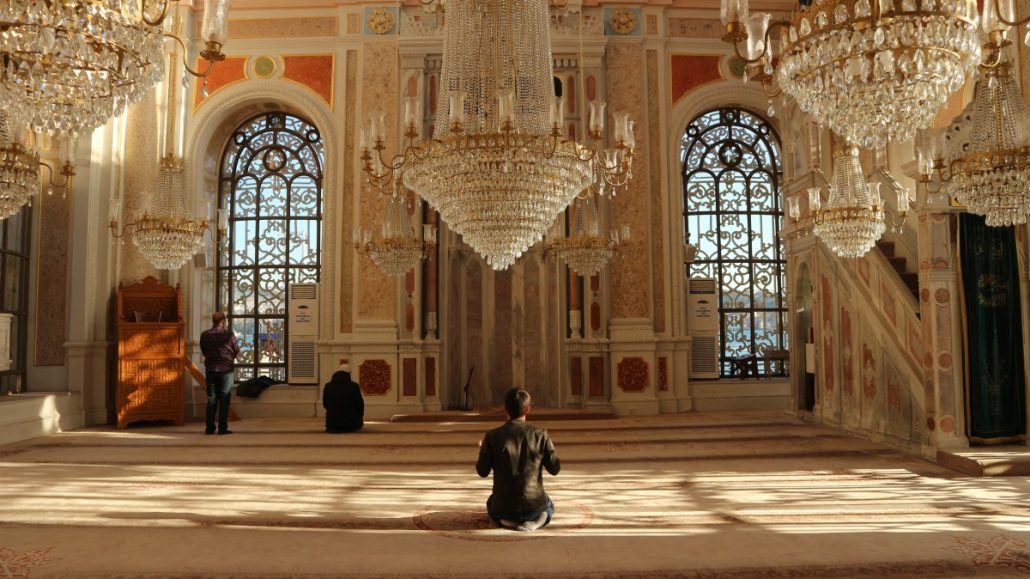

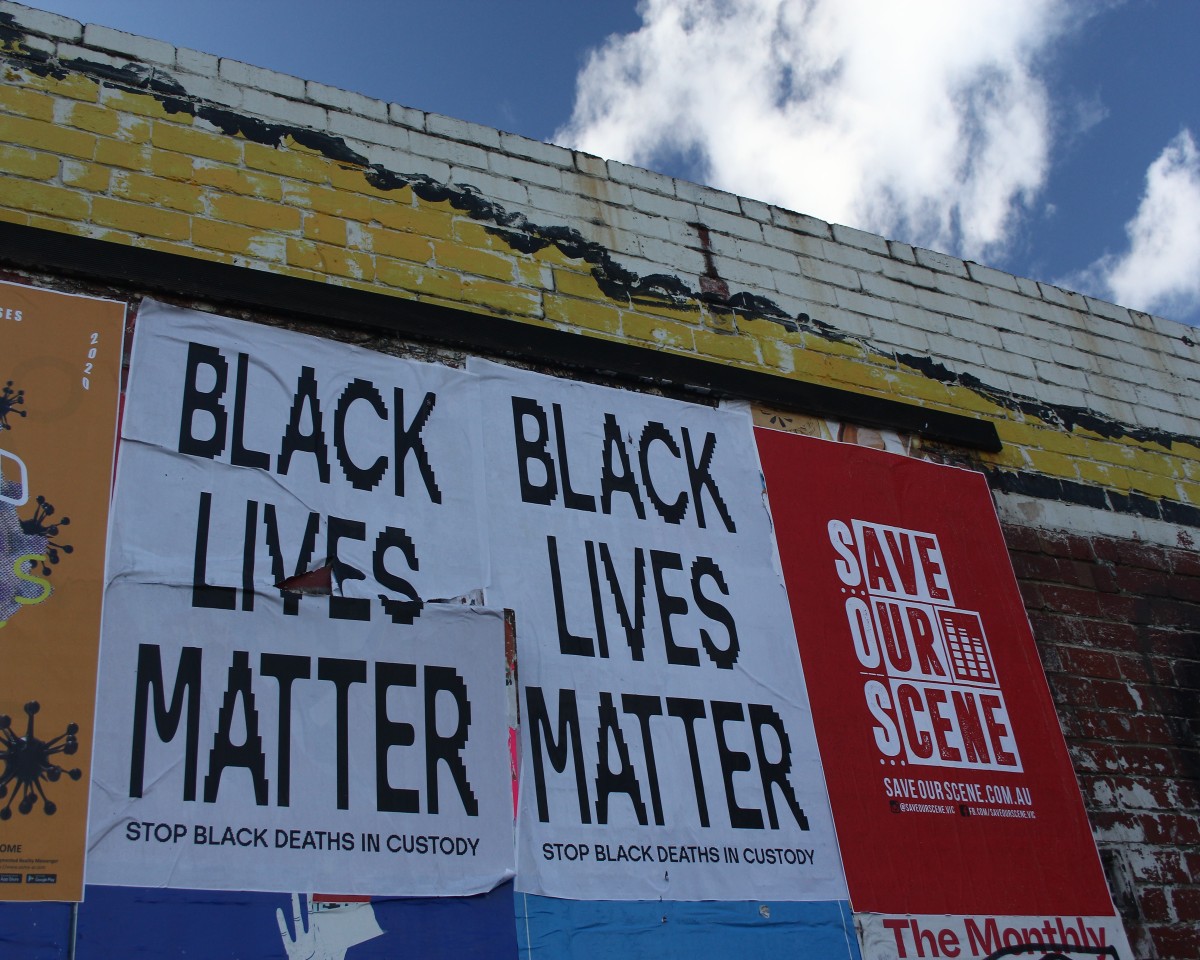
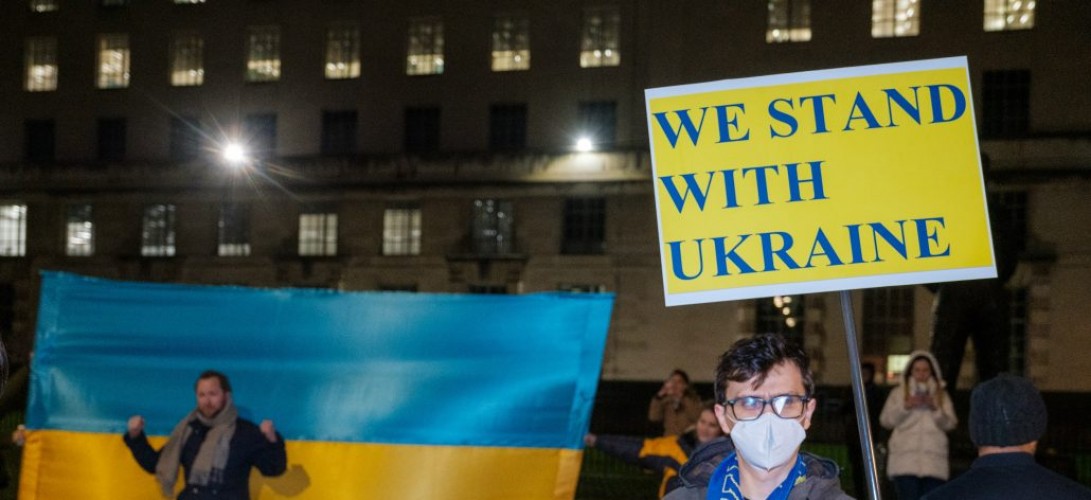


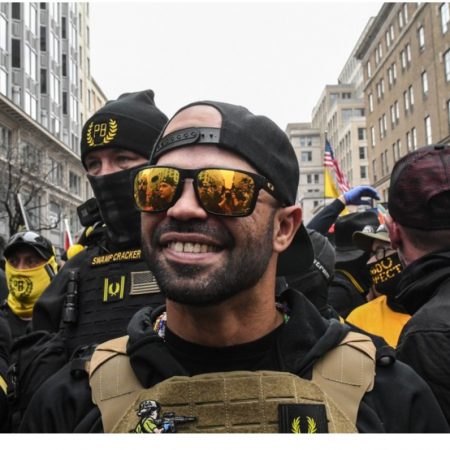
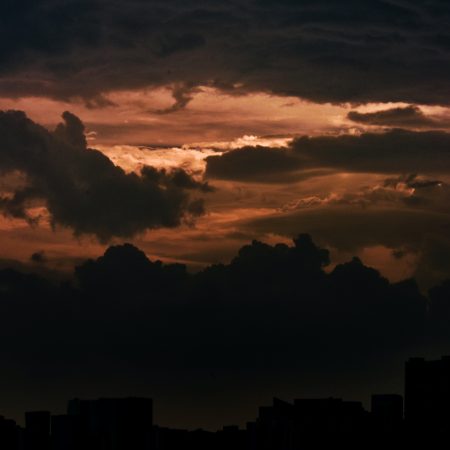






2022
30,030 views
views
0
comments